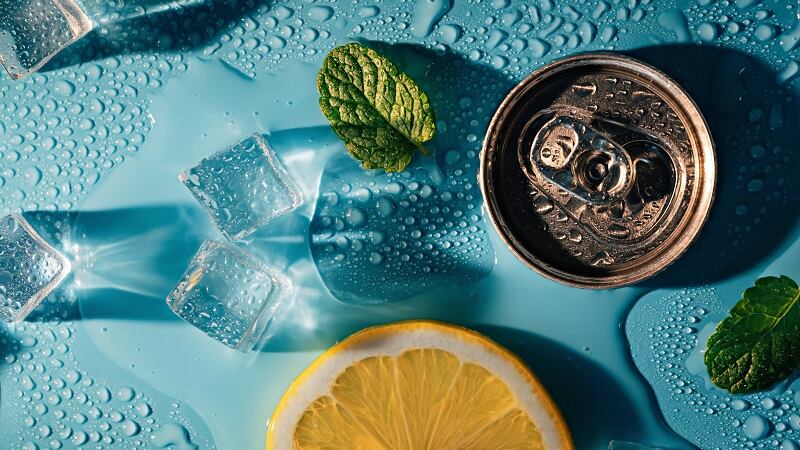In its annual trends report, Euromonitor listed healthspan plans as the top trend to watch in 2025, as consumers shift from simply focusing on living as long as possible to maintaining their health as long as possible.
The healthspan trend is creating a demand for scientifically functional foods, beverages and supplements as well as health tracker apps, where consumers can monitor health metrics — including blood sugar — and how foods and beverage impact their health.
“Consumers now want to maintain physical and mental wellness for as long as possible, embracing a proactive approach to health. The COVID-19 pandemic accelerated this trend, highlighting the importance of preventative health strategies and resilience against health challenges,” Karolina Grigorijevaite, team lead for innovation at Euromonitor, told FoodNavigator-USA.
The role foods play in promoting healthspan
Consumers increasingly tie their health and well-being with the foods they eat, spurring demand for a wide range of functional products that boost healthspan, Euromonitor explained.
Drinks fortified with specific vitamins, minerals and antioxidants to support immunity and cognitive functions and kefir and kombucha for gut health “are at the forefront of this trend,” Grigorijevaite explained.
Snacks with brain, joint and vision benefits were the fastest-growing segment of the global snack segment with health benefits for 2024-2026, according to Euromonitor’s Passport Health and Wellness report. Brands like Mosh and Mood Bar are delivering convenient brain-boosting snacks with their protein-rich bars.
Additionally, consumers are turning to food to improve their mental health.
In The Hartman Group’s 2025 Health Benefits report, a survey of 48% of 3,400 US consumers surveyed were taking steps to improve their emotional health. Additionally, almost a quarter (23%) used foods and beverages without specific functional claims to improve or prevent cognition problems, while 21% turned to foods and beverages with specific functional claims.
The healthspan, lifespan gap widens in the US
The US is facing a widening gap between healthspan and lifespan, as health crises from the obesity epidemic to the prevalence of diabetes impact the number of healthy years.
A study in the open-access medical journal JAMA Network Open from two Mayo Clinic researchers found that people are living longer in the US but with poor health. The US’s healthspan and lifespan gap amounted to 12.4 years, the highest gap among the 183 World Health Organization members. The healthspan and lifespan gap was 12.1 and 11.8 years in Australia and New Zealand, respectively.
Additionally, the US had the “greatest noncommunicable disease burden,” with women experiencing a larger gap between healthspan and lifespan than men, the study concluded.
‘The demand for scientific evidence to back up health claims is growing’
Companies taping into the healthspan trend must address specific life-stage concerns and unmet market needs — including women’s health. Half of women globally (51%) seek personalized health products, providing a “significant opportunity for brands to cater to an underserved and highly engaged demographic,” Grigorijevaite noted.
Biggest trends of 2024 and what to expect in 2025
This story is part of FoodNavigator-USA's recent collection of articles and podcasts exploring food and beverage trends in 2024 and what is on the horizon in 2025. Check out the full collection in this letter from the editor .
“Women’s health-focused products are a rapidly growing segment within the healthspan trend. Tailored offerings address specific needs such as menopause, hormonal health, and nutrient deficiencies. Examples include supplements for menopause-related symptoms, beverages fortified with iron for pre-menopausal women, and foods targeting bone health. This movement aligns with healthspan goals by helping women proactively manage health challenges associated with aging and beyond,” she elaborated.
Also, companies must back up products and claims with scientific evidence and work with tech companies or health diagnostics companies to offer personalized health assessment when applicable, Euromonitor reported.
“As consumers become savvier and regulators more stringent, the demand for scientific evidence to back up health claims is growing. Food and beverage brands need credible, science-backed claims to establish trust and differentiate themselves in a crowded market. Misleading or unsupported claims risk damaging a brand’s reputation and alienating increasingly discerning consumers. Clear, transparent communication about how a product works and the benefits it offers is crucial to building credibility and fostering long-term loyalty,” said Grigorijevaite.




